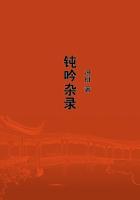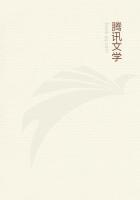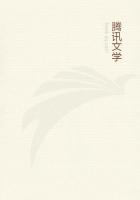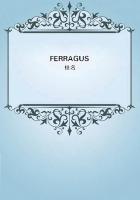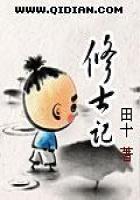I see only one way in which we can be enabled to estimate fairly the value of what we are doing,and that is by so gaining the good-will and confidence of the children as to get them to answer our questions as to their reading or to tell us of their own accord what they get from it.From this information we may make our inferences as to the value of our books in themselves,and may be enabled to regulate their use.A child whose exclusive diet is fairy-tales is evidently over-cultivating the imagination;a girl who has outgrown children's books and dipped into the premature love-stories that are written for her class needs our most careful guidance;a boy whose whole thought is of adventure,or who cannot read anything but jokes,is also in a critical condition.
In short,the judicious regulation of the children's reading should be made practicable for the librarian,if the children's library is to be the important agency in education which it may be made.
In regard to the desirability of amusements in the library,I own that I am somewhat sceptical.The library has its own division of labor in the work of education,and that division is the training of the people to the use and appreciation of books and literature.An argument in favor of games is that they draw in children who might not otherwise come,but I should fear they would be drawn in finally in such crowds as to be unmanageable.
Books properly administered should have the same drawing power,and their influence,once felt,is toward quietness and thought,rather than toward activity and skill with the complications of dispute and cheating that may arise from the use of games.
Children are natural propagandists.Let one child find that at the children's library he may select his own books from a good-sized collection,may find help in his composition-work,the news of what is going on in the world in the shape of an attractive illustrated bulletin-board,different every week--and tomorrow 10children will know of it,and each of these will tell other 10,and so on.The library will have all the children it can attend to eventually,and they will have come gradually so that the assistants shall have been able to get a proper grasp of the situation,while the earlier children will have been somewhat trained to help,like the elder brothers and sisters in a family.
Certain freedoms may be granted in the children's library as an education for the ***** constituency of the future;for instance,the guarantee may be done away with,thus putting the child on his honor to pay his own fines and damages--the only penalties for not doing so being those which society naturally inflicts on offenders--the debarring from privileges and from association.If there is nothing injurious or doubtful on the shelves,******* in choice of books may be allowed to the smallest child,only he must know that help and guidance are at hand if he wishes them,and if a tendency to over-read in any one direction or in all is noticed,the librarian should feel at liberty to make suggestions.And as to ******* of action,the maxim should be that one man's liberty ends where another man's begins.No child should be allowed to disturb the room or to interfere with the quiet of those who are studying,for many children,more than one would think,really come to study.But the stiffness and enforced routine of the school-room should by all means be avoided.There should be no set rules as to silence,but consideration for others should be inculcated,and in time the room will come to have a subduing,quiet atmosphere that will insensibly affect those who enter.Whispering,or talking in a low tone,where several little heads are bent together over picture-books,is certainly admissible,and the older heads are very soon quiet of their own accord,each over its own book or magazine.
After the selection of the books themselves there is nothing so important as thoughtful administration,a practical question,since the employment of assistants comes in under this head.
Educators have for some time seen the mistake of putting the cheapest teachers over the primary schools--kindergartners have seen it--and it remains for the library to profit by their experience without going through a similar one.If there is on the library staff an assistant well read and well educated,broad-minded,tactful,with common sense and judgment,attractive to children in manner and person,possessed,in short,of all desirable qualities,she should be taken from wherever she is,put into the children's library,and paid enough to keep her there.There is no more important work in the building,no more delicate,critical work than that with children,no work that pays so well in immediate as well as in far-off results.Who that has met the fault-finding,the rudeness and coldness too frequent in a grown-up constituency,would not expand in the sunshine of the gratitude,the confidence,the good-will,the natural helpfulness of children!And it rests partly with the assistant to cultivate these qualities in them,and so modify the ***** constituency of the future.

